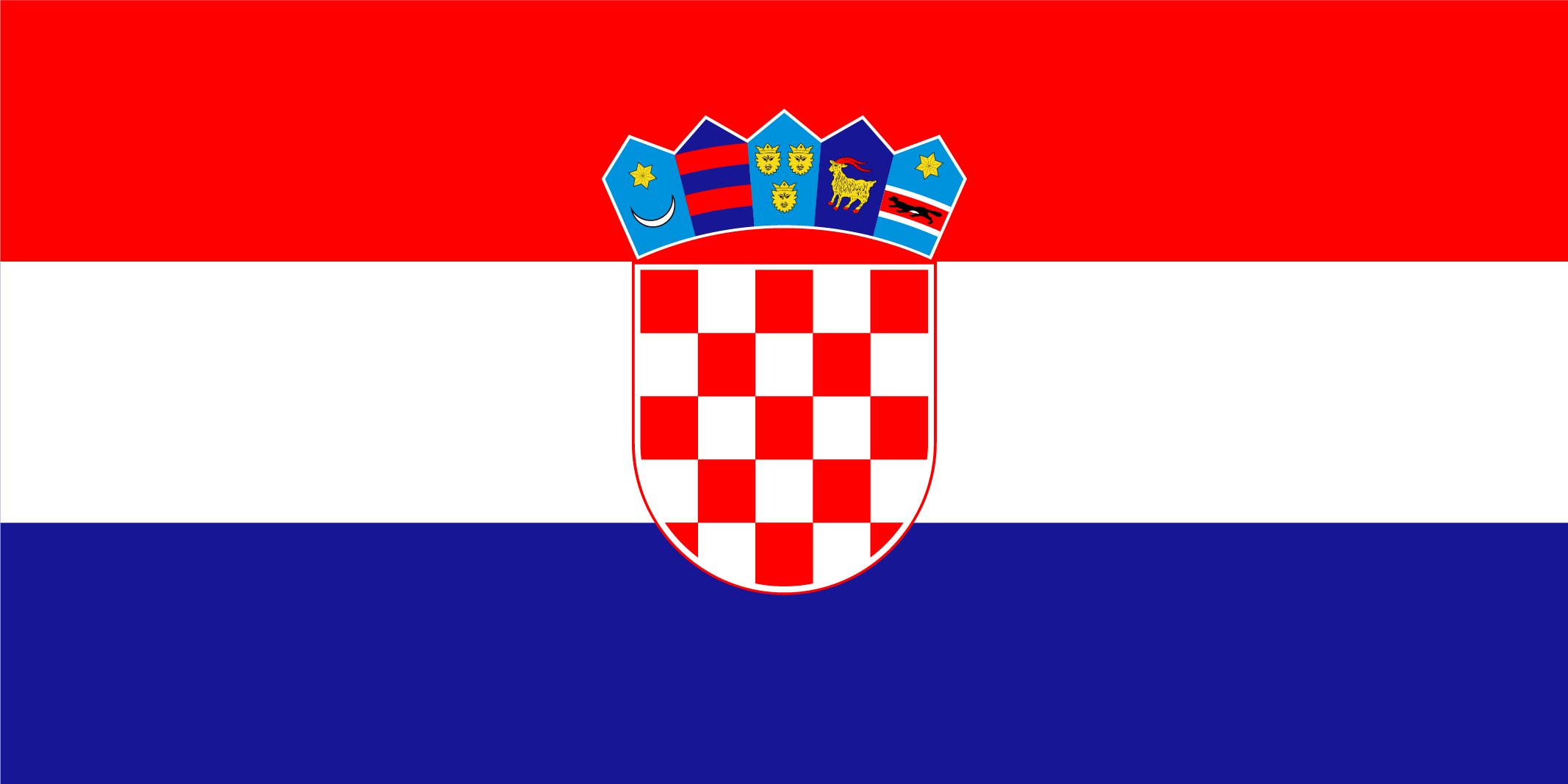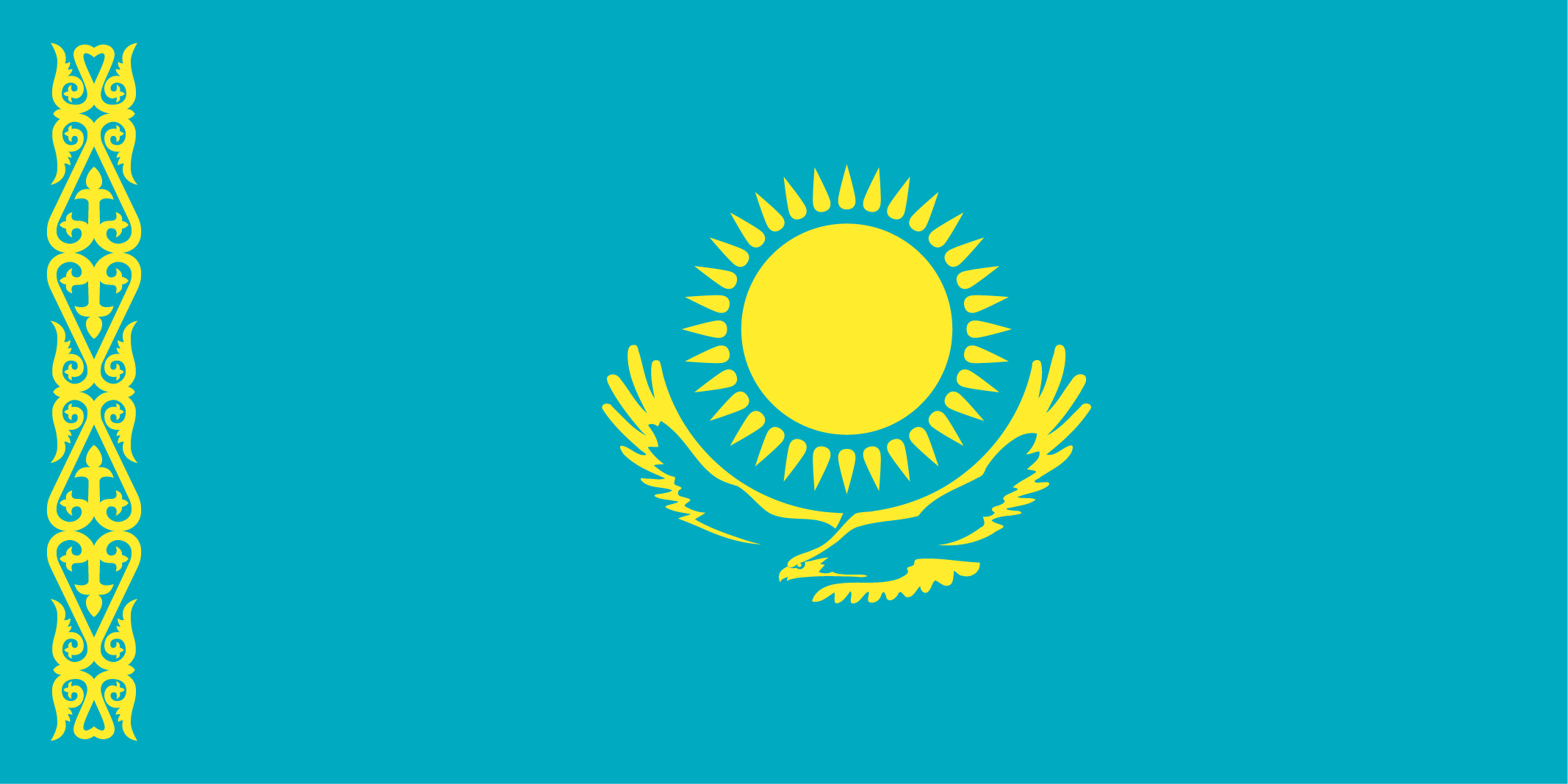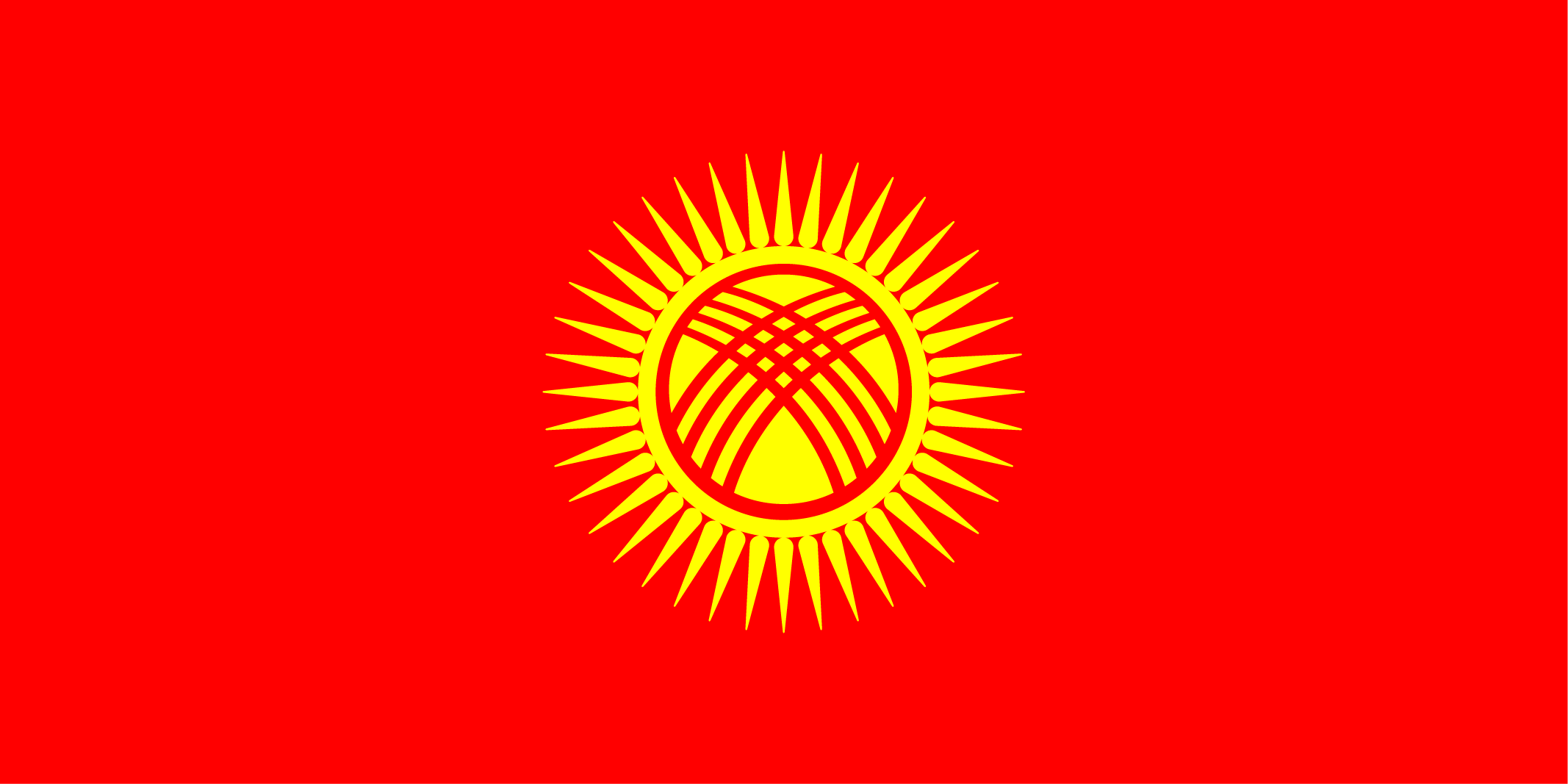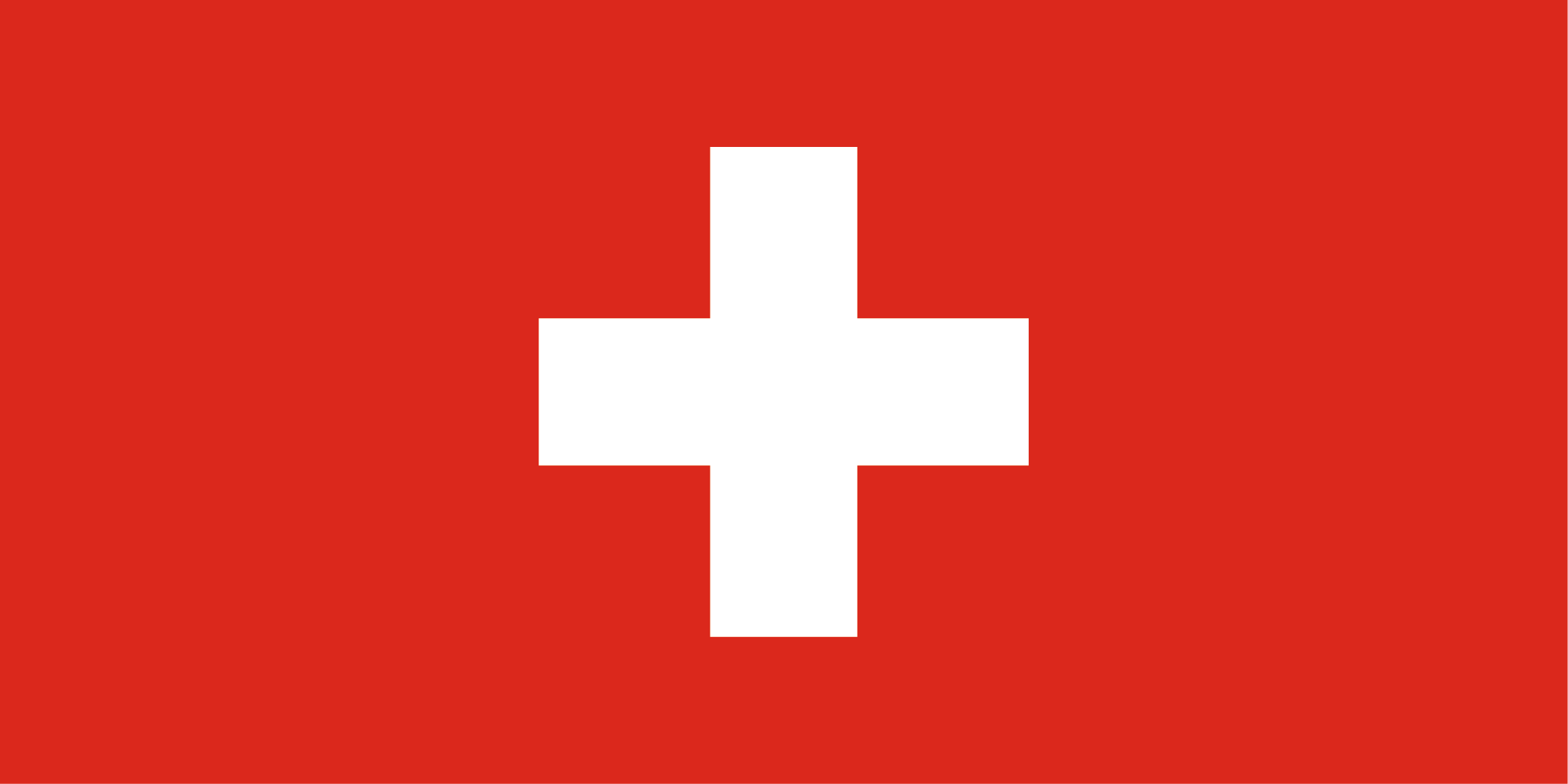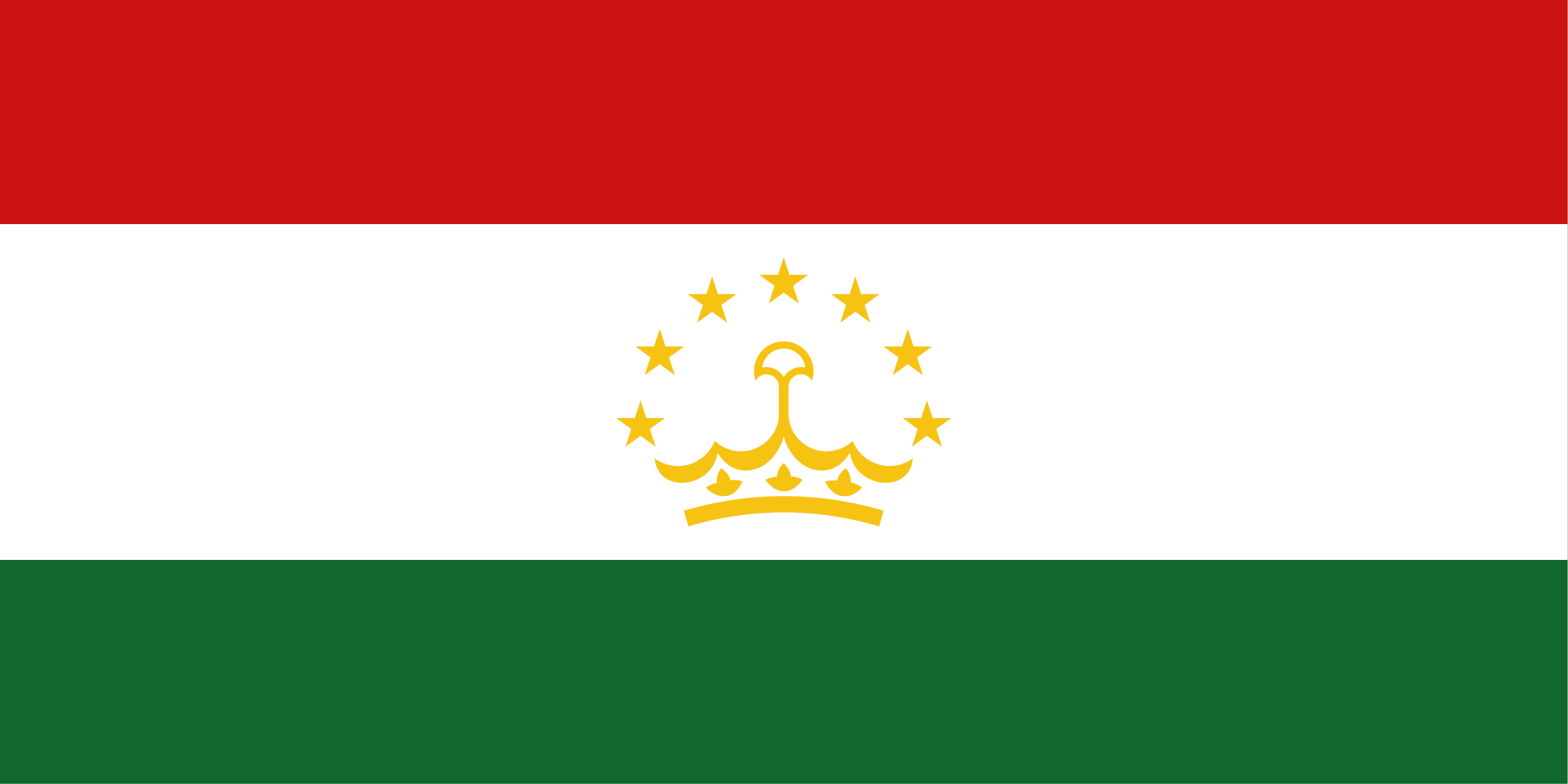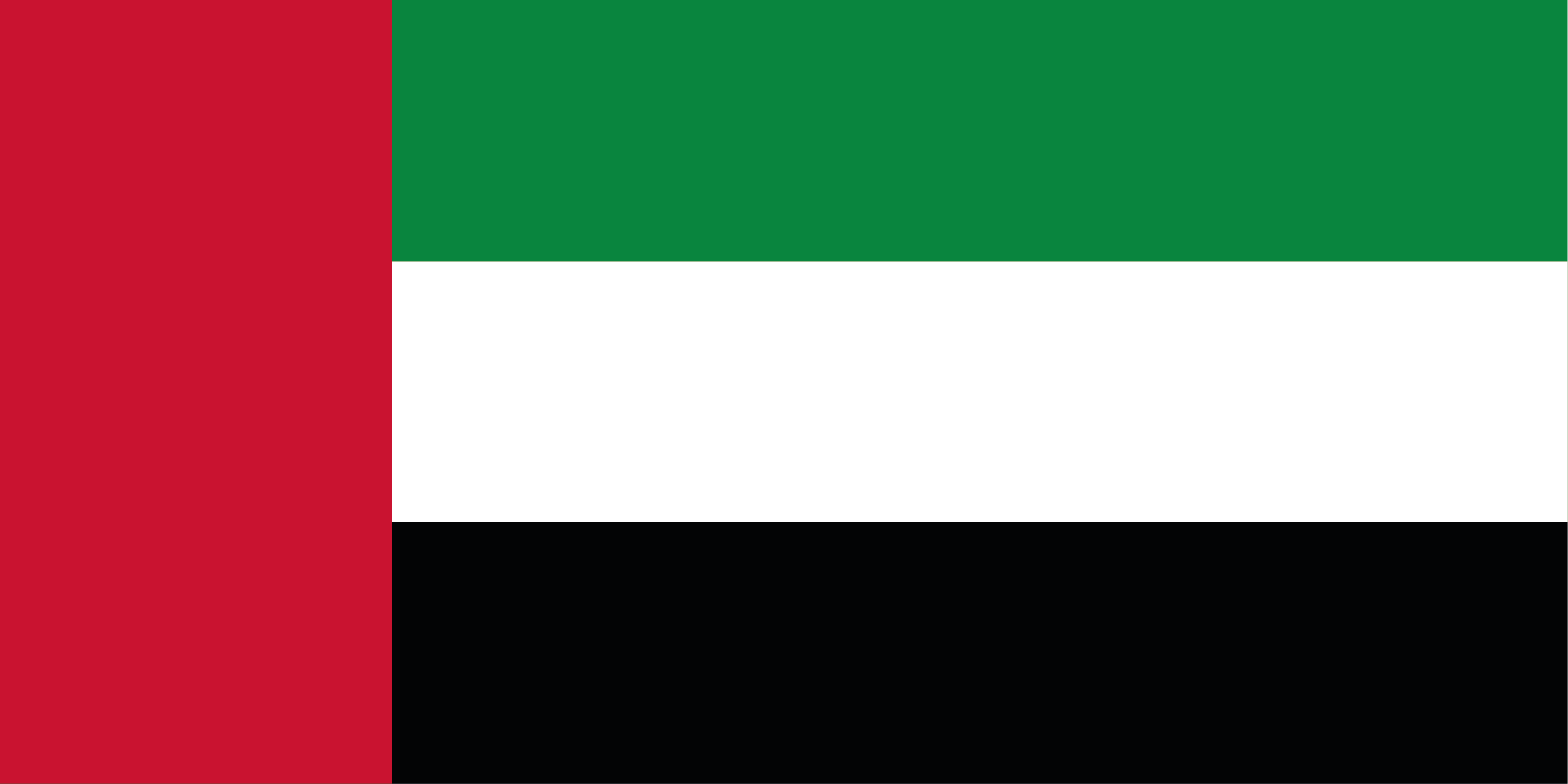Transportation of the Deceased from the UAE
The Difficulty of Loss Abroad
The loss of a loved one is one of the hardest trials in life, especially when the tragedy occurs far from home. When a person dies abroad, their relatives find themselves in a difficult situation that requires quick and legally competent action. Transporting the deceased is not just a logistical task; it involves a comprehensive set of measures related to the preparation of documents, obtaining permits, and adhering to international rules. The right actions will determine how quickly the repatriation process can be completed.
When Repatriation is Required
Most often, transportation of the deceased from the UAE is necessary if a person dies during a vacation, business trip, medical treatment, or emigration. In such cases, it is crucial for loved ones to immediately notify local authorities, police, medical services, and if applicable, the insurance company. Communication with the consulate of the destination country helps speed up the process and avoid mistakes in documentation. If insurance is in place, costs for body transportation services may be partially or fully covered, which is particularly relevant in the case of sudden death.
Stages of Organizing Transportation
Organizing the transportation of cargo 200 involves several important steps. First, relevant authorities are notified of the incident. Next, the preparation of documents begins, including translation, legalization, and apostille. After that, the body is embalmed and securely packaged in a zinc container, as required by sanitary norms. Before departure, the container is delivered to the airport 4–6 hours before the flight. The final stage is the transportation of the coffin and its reception in the destination country, including delivery to a morgue or cemetery.
Methods of Transporting the Deceased
The safest and fastest method is by sending the body by plane. Such transportation is carried out in the cargo hold, where the coffin is placed in a horizontal position. It is important to note that transporting the coffin without maintaining hermetic sealing and sanitary norms is strictly prohibited. If the body has been cremated, transporting the urn with ashes is permitted, but a complete set of accompanying documents is also required, including a cremation certificate and compliance of the container with safety standards. All stages are organized in accordance with the regulations of the destination country.
Documents that Need to be Prepared
To ensure that the transportation of the deceased proceeds without delays, the following documents must be collected: death certificate, embalming certificate, permission from the sanitary service for body export, a document confirming the absence of foreign objects in the coffin, and a certificate of hermetic packaging. Additionally, it is necessary to arrange for translation and legalization of all documents, and in some cases, an apostille as well. Without these documents, no company will be able to arrange the flight.
Compliance with Rules and Requirements
Compliance with international and sanitary standards is an integral part of transportation. The body must be placed in a hermetically sealed container made of zinc, adhering to the relevant standards. Placement of the coffin in the passenger compartment is not permitted. It is essential that the cargo is not in close proximity to food products and animals. Additionally, the requirements of airlines and permits from sanitary and customs services must be considered. Violations of these rules can lead to delays or cancellation of transportation.
The Role of Funeral Services
To avoid unnecessary stress during a difficult time, it is best to contact a funeral service that specializes in the repatriation of the deceased. Such specialists take on the entire range of tasks: from gathering documents and
Answers to Frequently Asked Questions
Many questions arise: where to start, whom to contact, which documents are most critical. First, it is necessary to notify local authorities and obtain a death certificate. Next, the stage of gathering other documents and preparing the body for transportation begins. If there are no relatives nearby, responsibility can be transferred to a funeral company that represents the family's interests. All stages should be coordinated with the consulate and airline.
How to Get a Consultation
For information on procedures and document gathering, you can request a consultation from a 24-hour funeral service. Competent specialists will help navigate the complex situation, explain what needs to be prepared, and how to avoid mistakes when processing documents. Organizing the transportation of the deceased from the United Arab Emirates requires precision, attention, and compliance with all regulations. Therefore, it is important to entrust the process to professionals capable of ensuring a dignified farewell.











